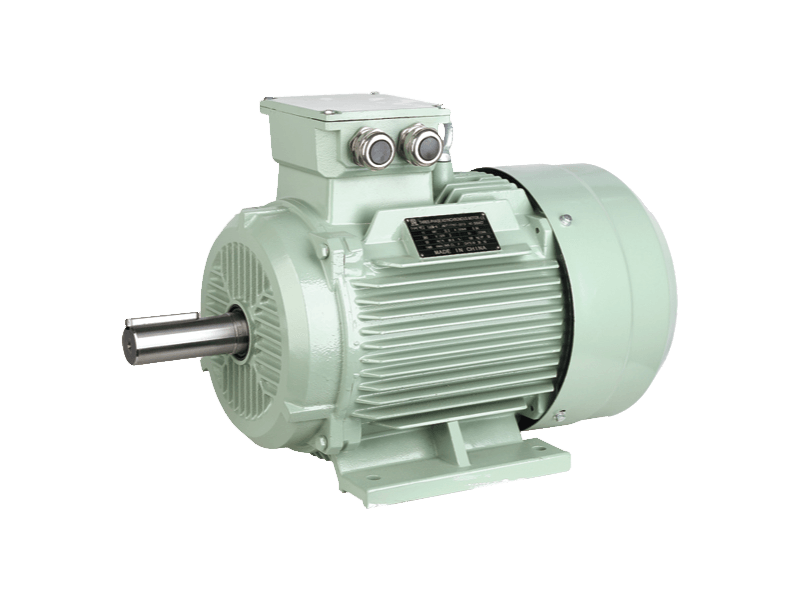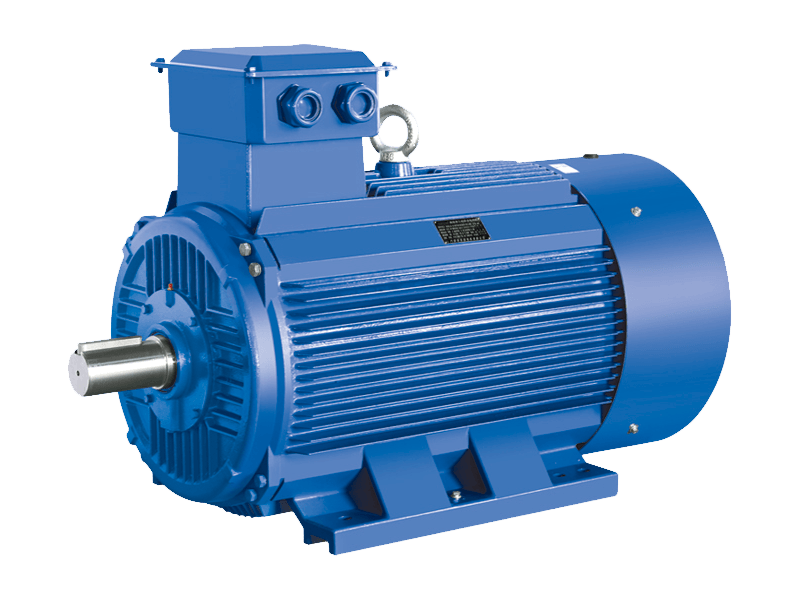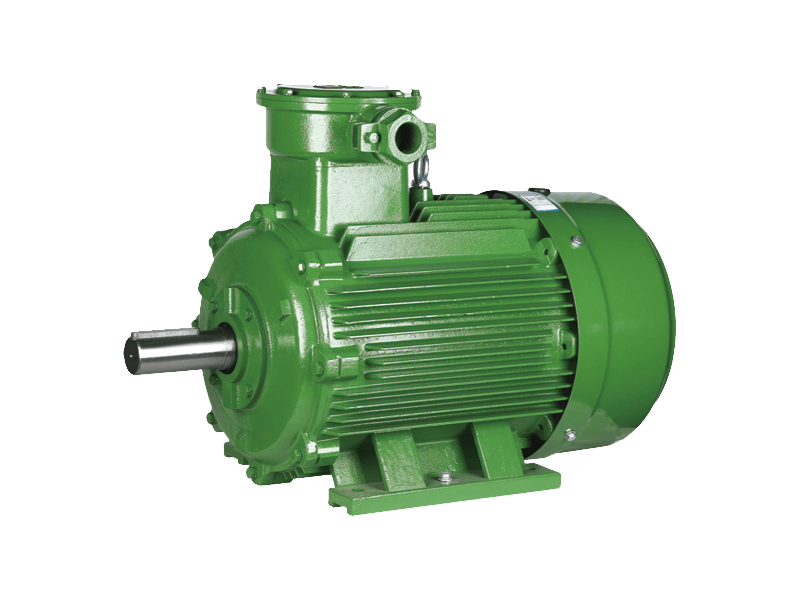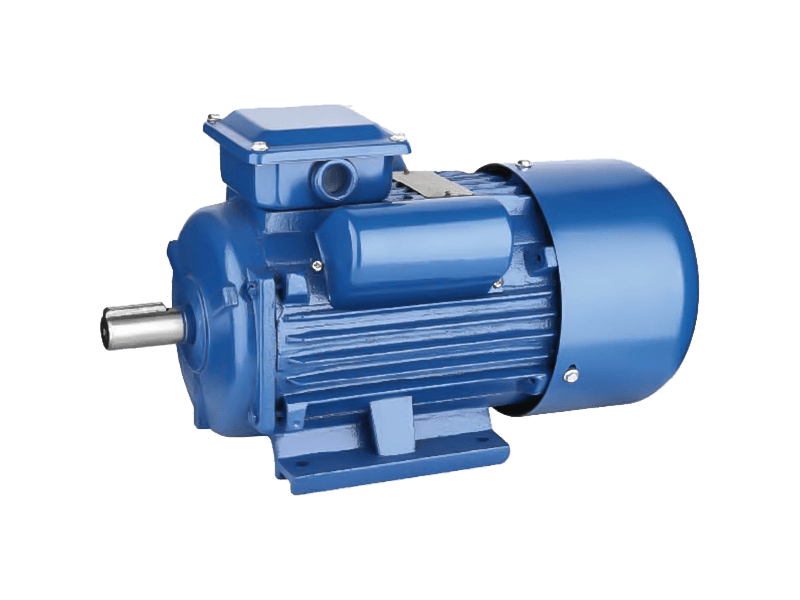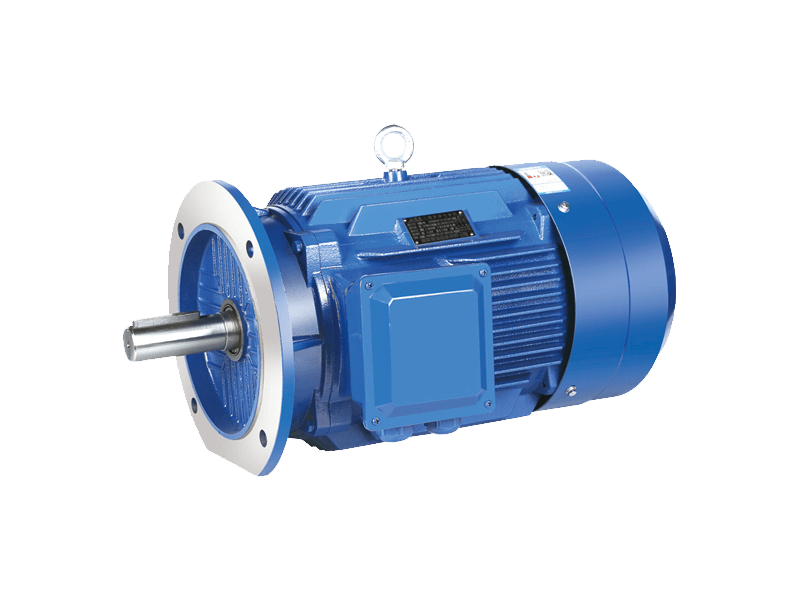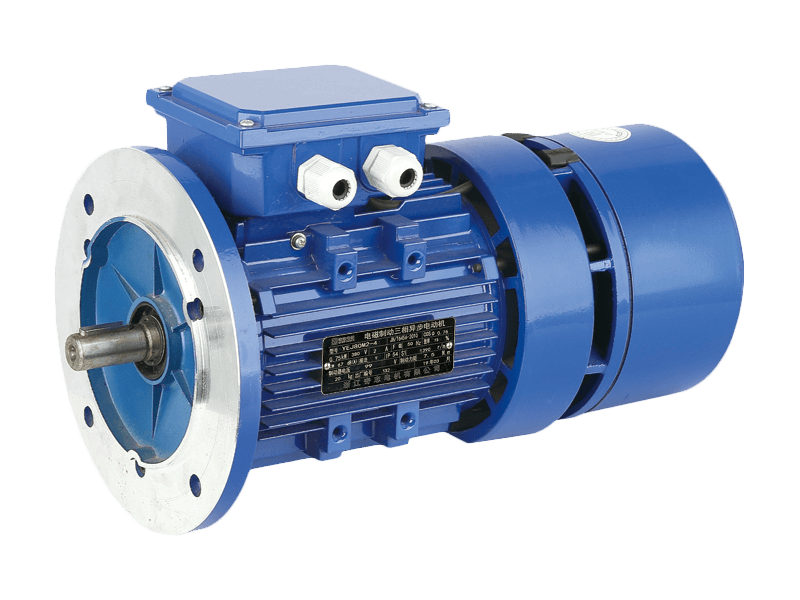AC condenser motors are vital components in air conditioning systems, responsible for driving the fans that dissipate heat from the refrigerant in the condenser unit. These motors come in various types, primarily categorized into single-phase and three-phase motors, each designed to meet specific performance requirements and operational scenarios. Understanding the differences between these motor types, along with their specifications and applications, is essential for anyone involved in HVAC systems.
Single-phase AC condenser motors are commonly used in residential air conditioning units. These motors typically operate on a single-phase power supply, which is sufficient for smaller systems. The design of single-phase motors allows them to start and run efficiently in applications where the power demand is relatively low. They are often characterized by their simplicity and ease of installation, making them a popular choice for home air conditioning systems. The performance parameters of single-phase AC condenser motors usually include horsepower ratings ranging from 1/4 HP to 1 HP, with speeds typically around 1075 RPM or 825 RPM. These specifications make them suitable for smaller condensers that do not require high power output.
In contrast, three-phase AC condenser motors are designed for larger commercial and industrial applications. These motors operate on a three-phase power supply, which provides a more consistent and reliable power source. The three-phase design allows for higher efficiency and greater power output, making these motors ideal for larger HVAC systems that require significant airflow and cooling capacity. Performance parameters for three-phase AC condenser motors often include horsepower ratings that can exceed 5 HP, with speeds that can vary based on the application but typically range from 1140 RPM to 1800 RPM. The ability to handle higher loads and provide consistent performance makes three-phase motors essential for large-scale cooling operations.
One of the key advantages of using an AC condenser motor is its ability to withstand outdoor conditions. These motors are designed with robust materials that resist corrosion and can operate effectively in various environmental conditions. This durability is particularly important for motors used in outdoor condenser units, where exposure to the elements can cause wear and tear. Additionally, many AC condenser motors are equipped with features such as thermal overload protection, which helps prevent damage from overheating, ensuring longevity and reliability.
The choice between single-phase and three-phase AC condenser motors often depends on the specific requirements of the HVAC system. For residential applications, single-phase motors are typically sufficient, providing adequate performance for cooling small to medium-sized spaces. However, in commercial settings where larger systems are in use, three-phase motors are preferred due to their higher efficiency and power capabilities. This distinction is crucial for HVAC professionals when designing and installing systems to ensure ideal performance and energy efficiency.
Another important consideration when selecting an AC condenser motor is the motor's efficiency rating. Many modern motors are designed to meet specific energy efficiency standards, which can significantly impact operating costs over time. High-efficiency motors consume less electricity while providing the same level of performance, making them a cost-effective choice for both residential and commercial applications. This focus on energy efficiency aligns with broader trends in the HVAC industry, where reducing energy consumption is a priority for both environmental and economic reasons.
In conclusion, AC condenser motors play a critical role in the functionality of air conditioning systems, with single-phase and three-phase options available to meet varying needs. Understanding the specifications and performance parameters of these motors is essential for selecting the right type for specific applications. Single-phase motors are ideal for residential use, while three-phase motors are better suited for larger commercial systems. By considering factors such as power requirements, efficiency ratings, and environmental durability, HVAC professionals can ensure that the chosen AC condenser motor will provide reliable and efficient performance for years to come. As the demand for effective cooling solutions continues to grow, the importance of selecting the appropriate AC condenser motor cannot be overstated, making it a key consideration in HVAC system design and maintenance.

